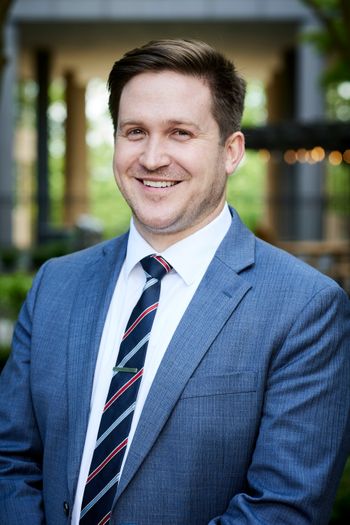If you run a preschool or daycare and are considering opening this fall, be sure to review your safety procedures and parent handbooks, and consider drafting a COVID-19 waiver.
Should I Open My Preschool?
Safety Procedures: Physical and Legal
The decision to open your facility is a difficult one that should be made with the utmost consideration for the safety of the children and teachers you will allow into your school. A review of your safety procedures should include sanitation protocol and drop-off processes; also consider toilet processes and food preparation. To keep possible exposure to a minimum, it’s a good idea to develop a system which keeps the same adults and students matched each day. These and many other parts of running your preschool will require careful consideration specific to your building and any related logistical constraints.
In your preparation to open, don’t fail to consider the safety precautions that should be taken to protect your preschool as an organization. The courts are a long way from fully litigating issues you may face relating to COVID-19 liability, and Congress may have a few words to say about it as well. Regardless, it’s best practice to make every effort to avoid any potential litigation. Keep in mind that avoiding being sued does not simply mean making sure you’re on the right side of the law; it also requires trying to avoid giving those who could sue you any experience that will make them want to sue you. Taking measures such as performing daily temperature checks and hand-sanitizing upon entry, while not 100% effective at preventing the spread of COVID-19, are simple ways to make your staff and clients feel that you’re taking their health and safety seriously while also diminishing the chances of an infection outbreak at your facility. Relatively easy steps like these can go a long way in establishing your school as a responsible member of the community.
Parent Handbook
Obviously give a detailed staff training on your school’s new health and safety procedures, but also be sure to include as much detail as you feel comfortable in your parent handbook. Clients will more than likely appreciate having as much knowledge as is reasonably possible. This serves to not only enlist parents as partners in protecting the students and staff, but also reinforces the fact that you are taking every reasonable measure to protect their children. In the unfortunate event that a student in your care contracts COVID-19, a parent would need to demonstrate negligent behavior on your part to make a claim against your organization. That will be more difficult to prove if there’s a comprehensive and public safety plan in place.
In addition to your business’s COVID-19 prevention strategy, items worth considering for your parent handbooks: your refund policy, parental duty to inform you if their child becomes symptomatic or tests positive for COVID-19 (regardless of when the child was last in the school), and parental duty to inform you if their child lives with a family member who has tested positive.
COVID-19 Liability Waiver
Besides new parent handbooks, strongly consider implementing a liability waiver that each parent should sign on a regular basis–weekly or daily, if possible–when dropping off their child. This waiver can be a simple form that requires initials or the signature of the parent. It should include language regarding duties the parent has to help keep everyone safe, and language waiving their right to sue your school or in any other way attempt to hold you liable for any actual or potential exposure to COVID-19. Even though the enforceability of these types of waivers will be a hotly contested issue in the coming months and years, it is certainly worth using in the meantime as an added layer of protection for your organization.
If you have questions about your preschool or daycare, the experienced attorneys at TATE BYWATER are available to help consult and guide you in these uncertain times.
About Ben Ader
Ben joined TATE BYWATER as an associate in October 2019. Ben is a graduate of William & Mary Law School where he worked as a Graduate Research Fellow and served on the William & Mary Environmental Law and Policy Review. After law school he served as a Judicial Law Clerk with the Prince William County Circuit Court. His legal experience includes commercial litigation representing contractors and small businesses and the focus of his practice areas also includes personal injury and domestic relations.

